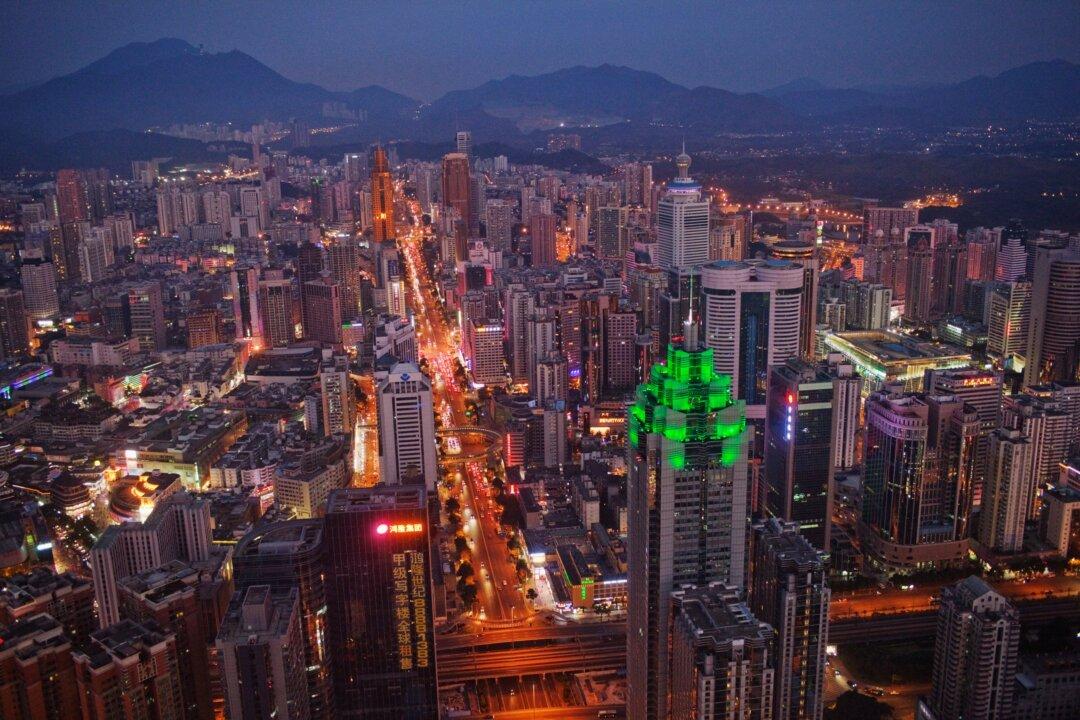Beijing has released a new policy laying out its ambitions for Shenzhen City—located in Guangdong Province just across the border from Hong Kong—to become a world-class tech innovation city.
Media in Hong Kong are theorizing that it signals the Chinese regime’s intention to replace the city as a major financial hub.





